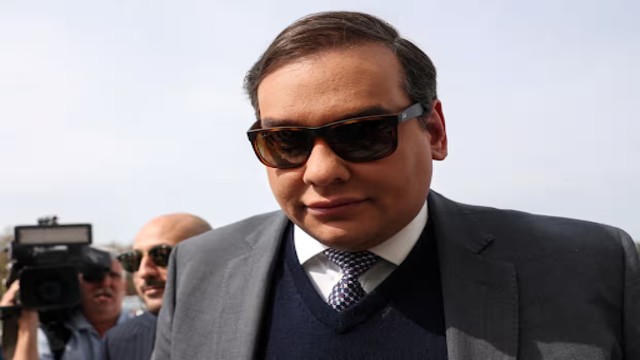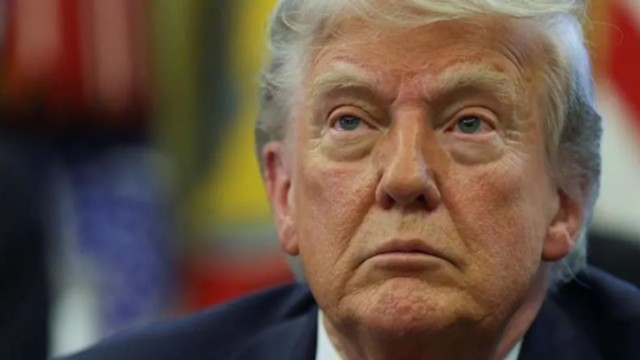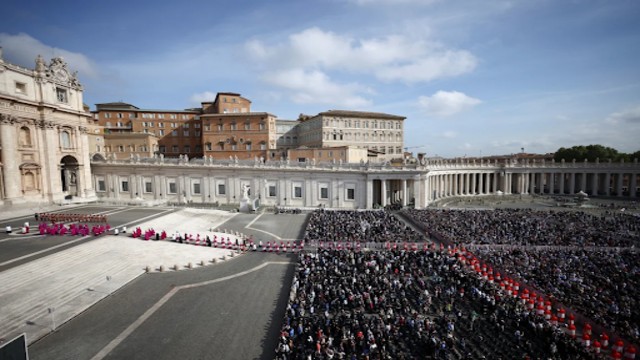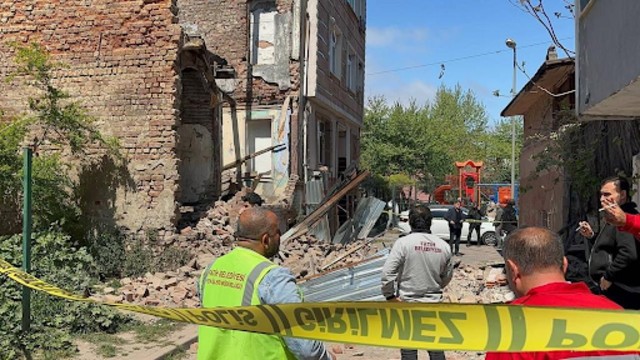
Keith Kellogg, who served as National Security Adviser to Vice President Mike Pence, spoke during the 2020 Republican National Convention, which was mostly held online. The event was broadcast from Washington, D.C., on August 26, 2020. REUTERS
The Trump administration is encouraging European allies to purchase more American weapons for Ukraine as potential peace talks with Russia loom, according to sources familiar with the matter. The move is aimed at strengthening Kyiv’s position and reassuring Ukrainian leaders who fear President Trump might cut off aid.
Previously, European nations bought American arms for Ukraine during the Biden administration. Now, U.S. officials, including retired Lieutenant General Keith Kellogg, Trump's Ukrainian envoy, plan to discuss further weapons purchases at the upcoming Munich Security Conference. The administration is exploring ways to continue supplying arms to Kyiv without using significant U.S. funds.
In an interview, Kellogg did not confirm the plan but stated that America prefers selling its own weapons because it boosts the U.S. economy. “There are a lot of options out there. Everything is in play,” he said, adding that the weapons approved under President Biden are still being delivered to Ukraine.
The Trump administration has been debating whether to continue arming Ukraine. While Trump previously promised to halt all aid, some advisors argue that Washington should keep supporting Kyiv, especially if peace talks are delayed.
National Security Adviser Mike Waltz stated that Europe should take more responsibility for the conflict, indicating that the U.S. expects its allies to step up their contributions. However, it is unclear whether European nations would purchase American weapons through direct stockpile transfers or commercial contracts, which could take years to complete.
During his presidency, Biden approved over $65 billion in security aid for Ukraine. However, Ukrainian President Volodymyr Zelensky has emphasized that Ukraine needs stronger security guarantees before engaging in negotiations with Russia.
The Trump White House may face opposition from some Republicans if it requests additional funding from Congress. As a workaround, an arms deal with Europe could allow continued military support without relying on U.S. taxpayer money. NATO Secretary General Mark Rutte recently suggested that European nations might fund American arms for Ukraine.
Meanwhile, Washington and Moscow are presenting conflicting narratives about potential peace talks. Trump recently claimed he has been in contact with Russian President Vladimir Putin and believes progress is being made toward ending the war.
However, Russian Deputy Foreign Minister Sergei Ryabkov painted a different picture, stating that U.S.-Russia relations are “balancing on the brink of a breakup.” Russia insists that Ukraine must abandon its NATO ambitions and withdraw from occupied territories for negotiations to move forward.
U.S. officials believe formal peace negotiations are still months away, with many issues to resolve before any agreement can be reached. Several American representatives are in Europe this week to lay the groundwork for eventual talks between Ukraine and Russia.
Kellogg is expected to discuss increasing European military aid at the Munich Security Conference, emphasizing that the U.S. wants to hear European leaders' perspectives on the conflict.
Additionally, U.S. officials are considering a mineral deal with Ukraine, granting America access to the country’s rich resources in exchange for continued support. While the specifics remain unclear, the deal is seen as a key part of Trump’s Ukraine policy.















